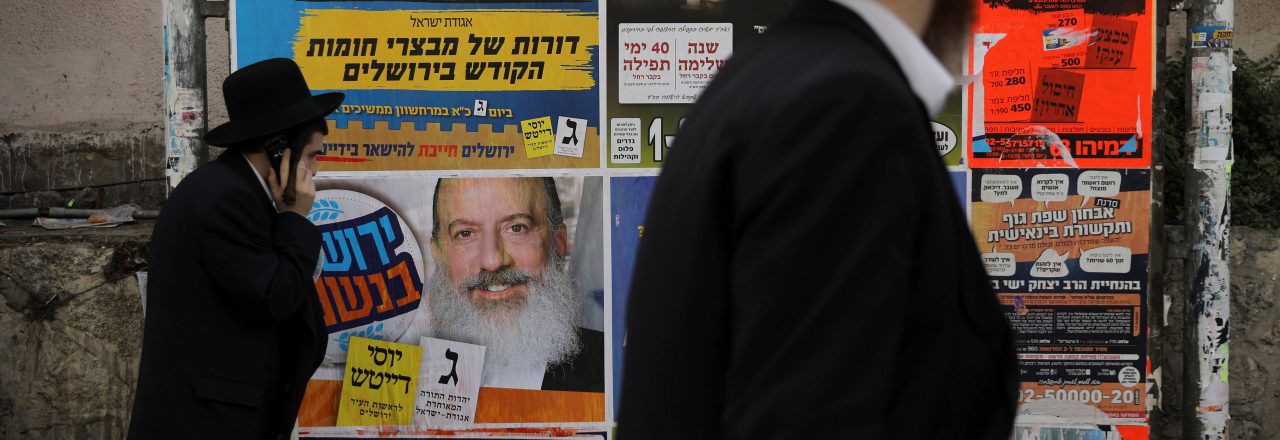
Protests and low turnout in Israeli local elections
Local elections took place on Tuesday 30 October in Israel. First results in Jerusalem point to the defeat of Netanyahu’s candidate for the Mayor’s Office, Zeev Elkin, where the vote of the ultra-orthodox Jewish community is decisive. The Hitorerut party candidate, Ofer Berkowitz, and Moshe Lion, backed by the ultra-Orthodox Shas and the Degel HaTorah factions obtained 30% of the votes each. In order to be declared mayor, a candidate must win 40% of the votes. Thus, both candidates will go on to the second round of voting, to be held on November 13.
One of the main intentions in these elections was to reverse the high rate of voter abstention of the 2013 local elections, during which the turnout was 48,1% (less than 1% of the around 300.000 Palestinians registered in Jerusalem voted). As Jerusalem mayoral candidates were heading to the Western Wall for a final prayer before elections began, many Palestinians were starting to gather to protest against the legitimization of the occupation by Israel of the eastern part of the city, in accordance to the 1967 treaty. In Tel Aviv, Ron Huldai has been re-elected, and Einat Kalisch Rotem, also from the Israeli Labor Party, became the first woman to lead Haifa.
Although the local vote may be very different from the national one, especially taking into account the differing design of both, these results serve as an estimation for Netanyahu, who plans to anticipate general elections to early 2019.
- The Euromed news are edited by the team of the Euro-Mediterranean Policies Department of the European Institute of the Mediterranean -


